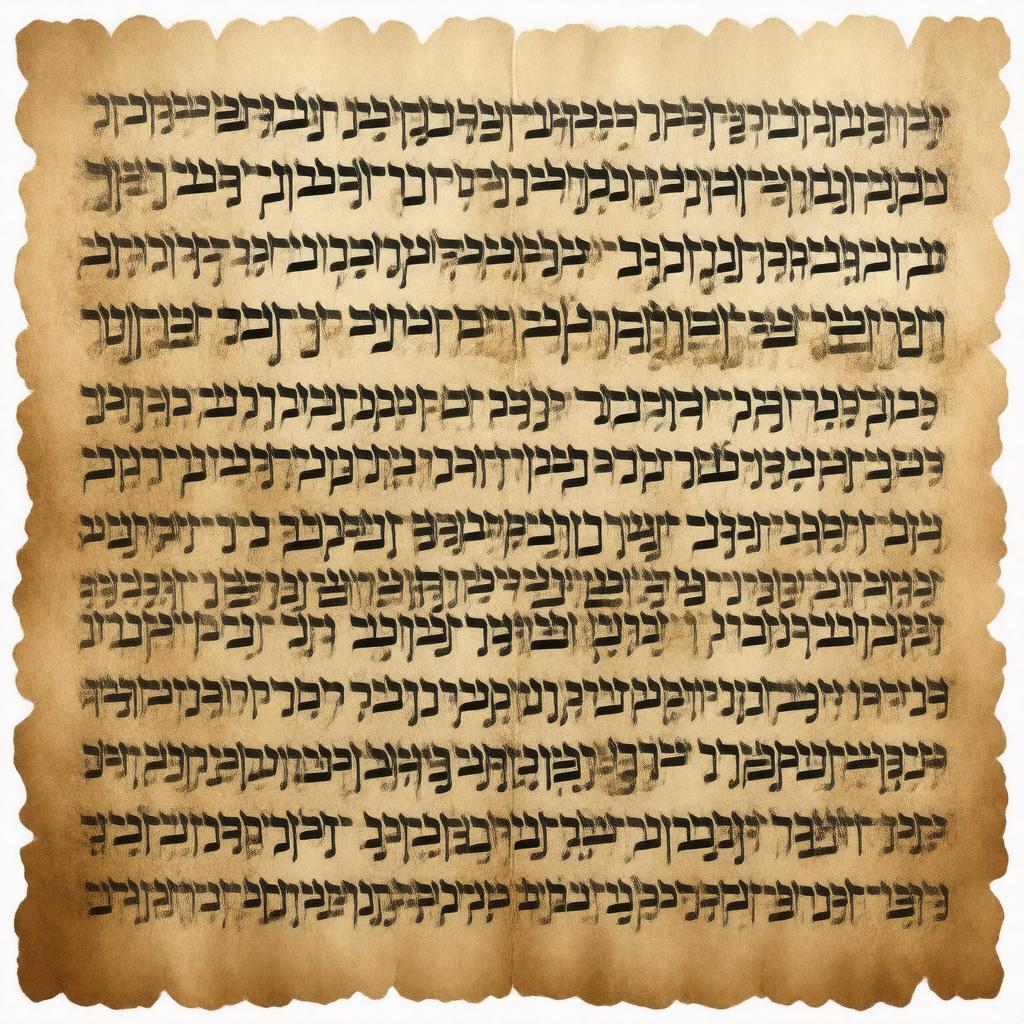Prompt
"Generate an image of a ancient Mesopotamian manuscript written in Syriac script, with a subtle background texture resembling worn parchment, representing the Eastern Aramaic language, with elements hinting at its connection to the Assyrian, Chaldean, and Syriac Christian cultures, in a muted, earthy color palette reminiscent of antiquity."

